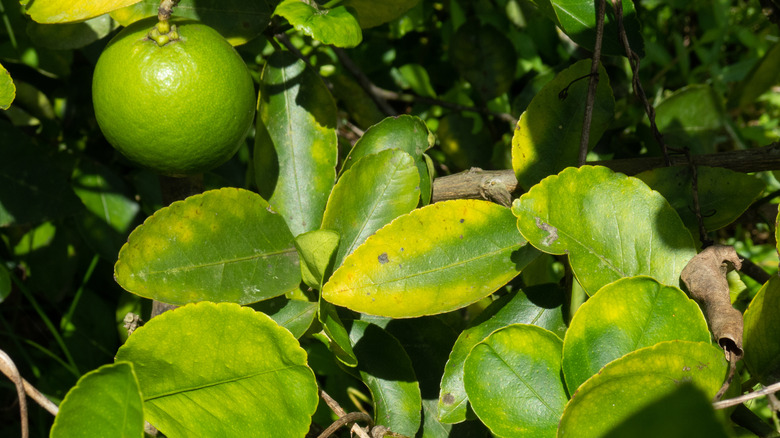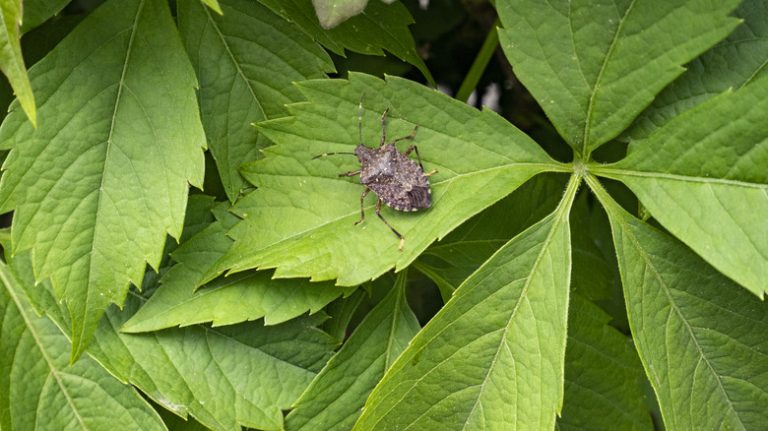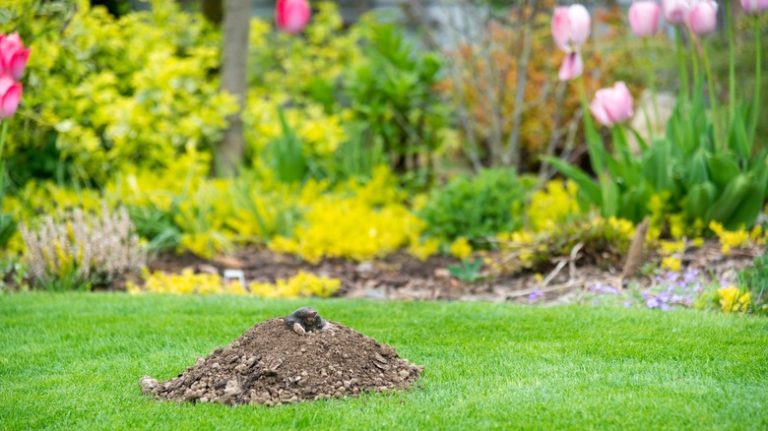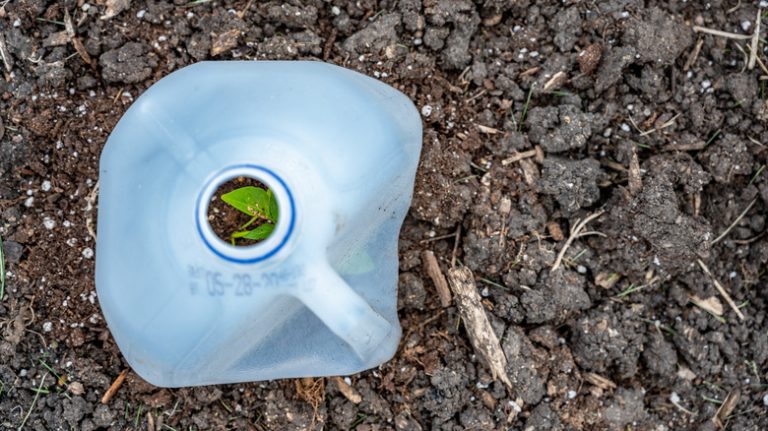Citrus trees are no strangers to fungal issues and disease. While this can be frustrating for both farmers and the average home gardener, thankfully, there are solutions — and they may or may not be in your kitchen cabinet! Baking soda has been used as a fungicide since the 1930s. Specifically, citrus powdery mildew, a common fungal issue that plagues many citrus trees around the world, is easily remedied by applying a homemade solution with baking soda.
Growing citrus trees comes with its own set of issues. They are frost-sensitive, so that can be a problem if you live in a temperate climate, and they are susceptible to all kinds of fungus and bacterial diseases. However, you can easily keep your citrus tree healthy throughout the winter with this wheelbarrow hack. When it comes to powdery mildew, baking soda is an excellent solution. However, it is more complex than just sprinkling some around your tree. With all sorts of uses in the garden, baking soda is a true ally when it comes to remedying fungal issues.
What is powdery mildew?
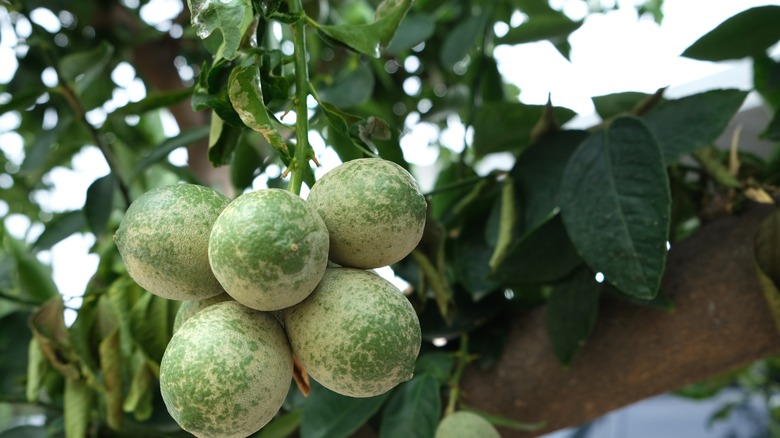
You are not alone if your citrus tree is struggling with some fungal issues. Once widely cultivated in the U.S., citrus production has slowly been dwindling due to an influx of invasive pests causing various fungal and bacterial diseases. While powdery mildew is a form of fungal infection, citrus powdery mildew is caused by a different fungus that only attacks citrus trees. Powdery mildew can affect a wide variety of crops, while citrus powdery mildew is a unique species of fungi.
Citrus powdery mildew causes many issues that can ultimately affect the overall yield. It can cause leaf and shoot distortion, twigs, and leaves to die back, as well as premature fruit and leaf drop. A severe infection can cause complete defoliation and potentially be fatal for the tree. The worst part? The fungus does not discriminate, and all citrus varieties can fall victim to its damage. If you’re concerned your citrus tree may have citrus powdery mildew, check the leaves and fruit for signs. They will be covered in white spores resembling a white powder and mildewed leaves often curl and twist upwards. Additionally, check immature or new growth for infection.
How to use baking soda to treat fungal issues on citrus trees
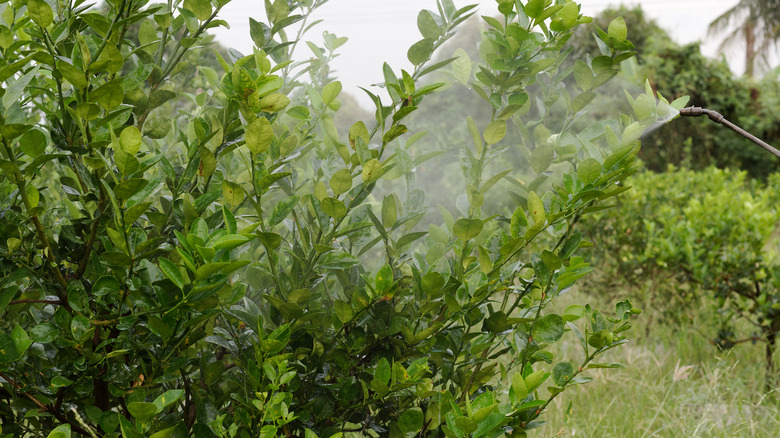
As mentioned above, using baking soda as a fungicide is no new innovation. Baking soda (sodium bicarbonate) is alkaline. Citrus is acidic and thrives in acidic soils. Furthermore, acidic environments are the perfect breeding ground for fungal spores, which is why citrus is particularly susceptible to fungal diseases. Baking soda effectively prevents citrus powdery mildew because it creates an alkaline environment. However, this does not kill the fungus entirely; it just renders it inert. While baking soda is often labeled as a fungicide, it is actually fungistatic, meaning that the fungal spores are prevented from germinating but not killed entirely.
Research has proved it effective for maintaining an alkaline environment that does not allow fungal spores to germinate. However, it’s important to note that other research has recently shown that sodium can add up in the soil and become toxic to other plant life. Thus, it’s essential to use discretion and be exacting with how you use it. You can either make a dormant oil or a horticultural oil to spray your tree with. A dormant oil consists of 1 tablespoon of baking soda with 2 tablespoons of neutral oil in a gallon of water. A horticultural oil is 5 tablespoons of hydrogen peroxide, 2 tablespoons of baking soda, soap, and a tablespoon of olive oil or another neutral oil in a gallon of water.

